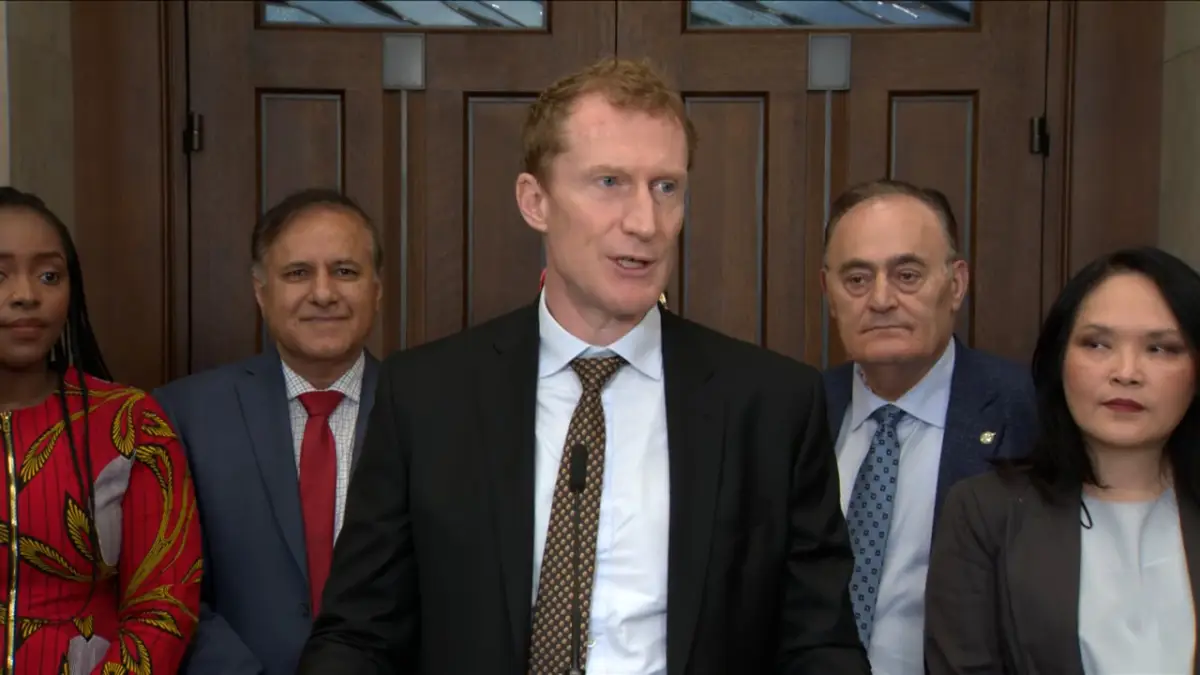
BREAKING: New Bill Aims to Restore Citizenship Rights to “Lost Canadians” Affected by Outdated Law
A newly proposed bill in the House of Commons could restore Canadian citizenship to thousands of individuals previously denied it due to restrictive legislation. If passed, Bill C-3: An Act to Amend the Citizenship Act (2025) will rectify the controversial first-generation limit (FGL) on citizenship by descent and expand eligibility for future generations of Canadians born abroad.
This move comes after years of legal challenges, growing public pressure, and a court ruling that declared the FGL unconstitutional.
What Is the First-Generation Limit (FGL)?
The FGL was introduced in 2009 and placed a cap on citizenship by descent. Under this rule, only children born abroad to Canadian citizens who themselves were born in Canada could automatically inherit citizenship.
In contrast, children born outside Canada to Canadian citizens who were also born outside Canada were denied citizenship, effectively cutting off the transmission of Canadian nationality after one generation born abroad.
This created a class of so-called “Lost Canadians”—people with strong family and cultural ties to Canada but who were excluded from citizenship due to where they were born and where their Canadian parent was born.
Legal Challenge and Court Ruling
In December 2023, the Ontario Superior Court of Justice ruled that the FGL violated the mobility rights and equality rights guaranteed under the Canadian Charter of Rights and Freedoms, calling the law discriminatory and unconstitutional. The court concluded that it created a second-tier class of citizens and gave the federal government six months to amend the law.
Instead of appealing the decision, the government accepted the ruling and began drafting new legislation to comply with the court’s requirements.
Past Attempt: Bill C-71 and Interim Measures
In 2024, the government introduced Bill C-71, which proposed a “substantial connection to Canada” test for second-generation Canadians born abroad. However, the bill did not pass before Parliament was prorogued in March 2025, and the court later extended the legislative deadline to November 20, 2025.
To prevent a legal vacuum, the government implemented interim measures in March 2025, allowing affected individuals to apply for discretionary grants of citizenship if their Canadian parent had spent at least three years in Canada prior to the child’s birth or adoption.
Bill C-3: What the New Legislation Proposes
Introduced on June 5, 2025, Bill C-3 revives and expands upon the previous effort. If passed, it will:
- Retroactively grant Canadian citizenship to individuals excluded by the FGL, essentially reversing the impact of the 2009 amendment.
- Permit second-generation Canadians born abroad to pass on citizenship to their children, if the parent meets the substantial connection to Canada test (minimum of three years’ residency in Canada before the child’s birth or adoption).
- Align with Charter values by removing discriminatory aspects of the previous law and restoring fairness to citizenship by descent.
To become law, Bill C-3 must pass through three readings in the House of Commons, be approved by the Senate, and receive Royal Assent.
If no legislation is enacted by November 20, 2025, the court may strike down the unconstitutional portions of the Citizenship Act, which could have significant implications for Canada’s citizenship framework.
Who Is Eligible Under the Proposed Law?
Under the proposed law and current interim policy, the following individuals could qualify for Canadian citizenship:
- Children born abroad to Canadian parents who were also born abroad, provided the parent has spent at least three years in Canada.
- Those previously denied citizenship due to the FGL, retroactively restored under Bill C-3 if it becomes law.
- Individuals currently eligible under the interim discretionary grants process, which remains in effect while the bill progresses.
Children Born in Canada
The changes do not affect children born in Canada, who continue to automatically receive citizenship at birth regardless of their parents’ nationality, with the exception of children born to foreign diplomats.
Next Steps and Public Impact
Bill C-3 represents a significant shift in how Canada recognizes citizenship by descent and could potentially restore status to thousands of people worldwide with Canadian heritage. Legal experts and advocacy groups have welcomed the bill, though they caution that its passage will require political commitment and public support.
With the court-imposed deadline looming, the federal government is under pressure to ensure the bill becomes law in time to avoid legal uncertainty or judicial intervention.
Need Help?
Those affected by the FGL can still apply under current interim measures. Legal professionals are advising eligible applicants to seek legal consultation and begin the discretionary grant process as soon as possible.
For a consultation about Immigration options, reach out to the CAD IMMIGRATION today!





